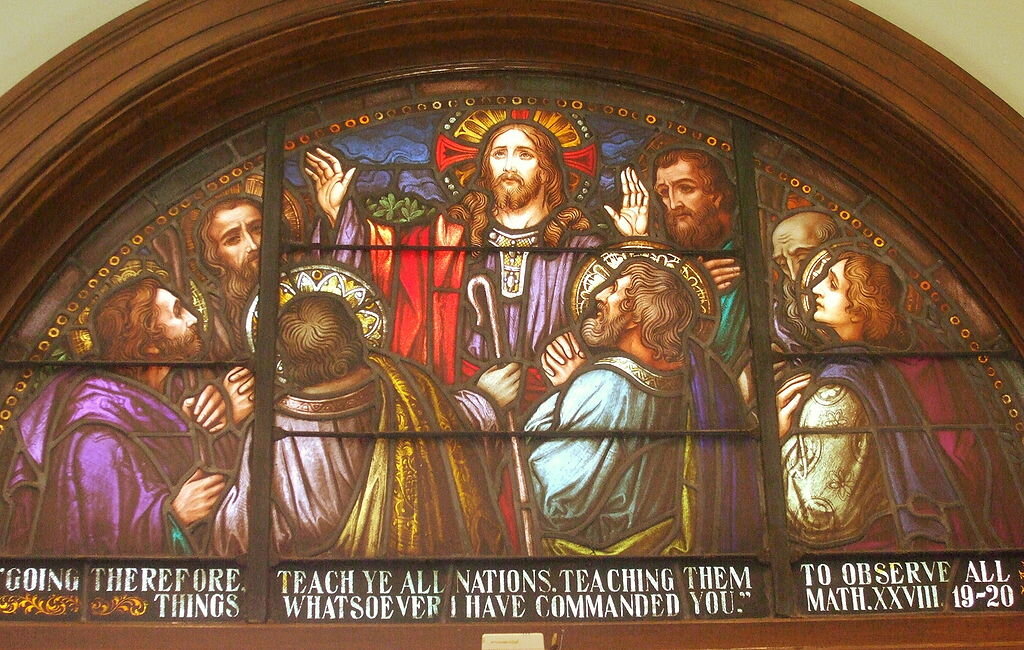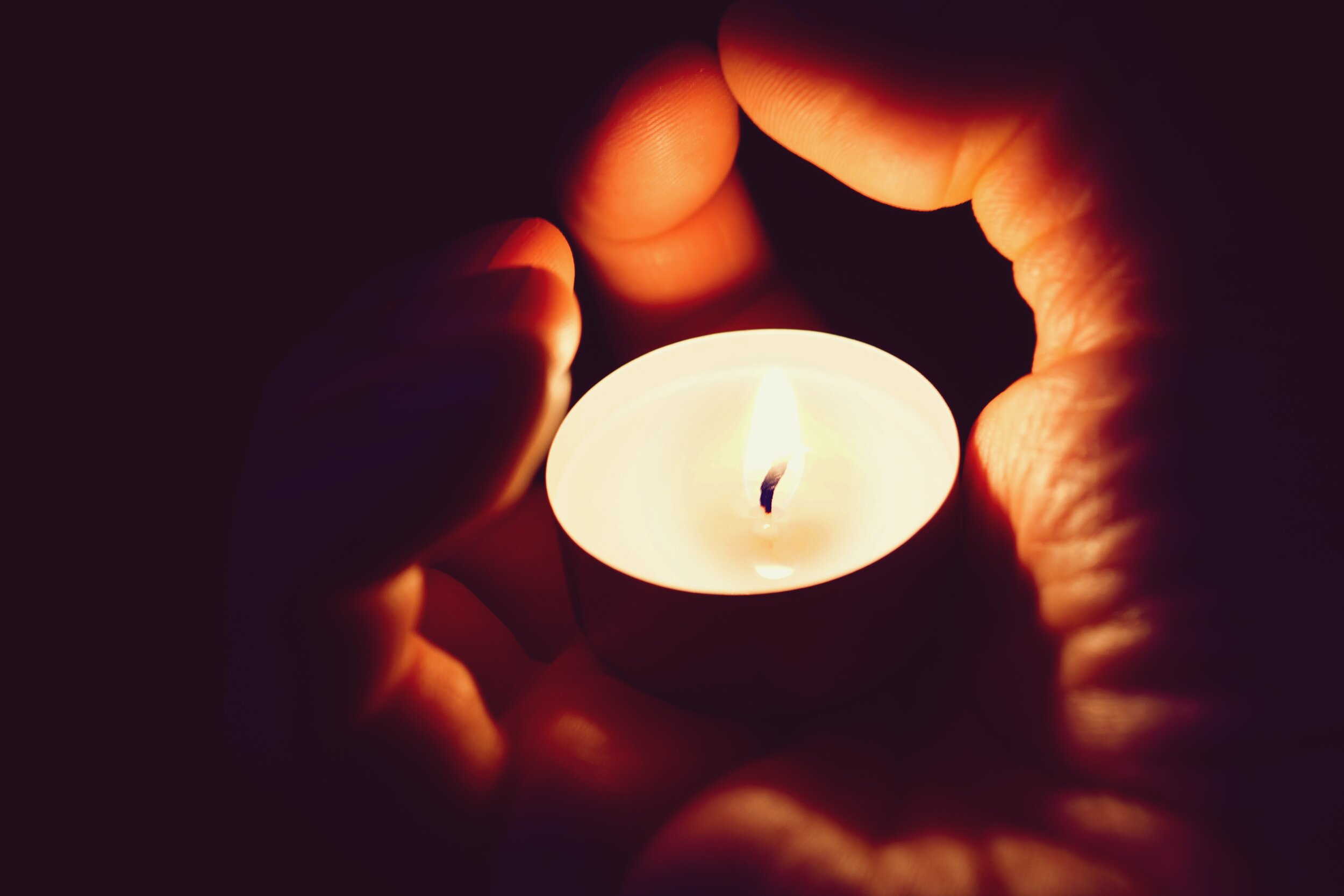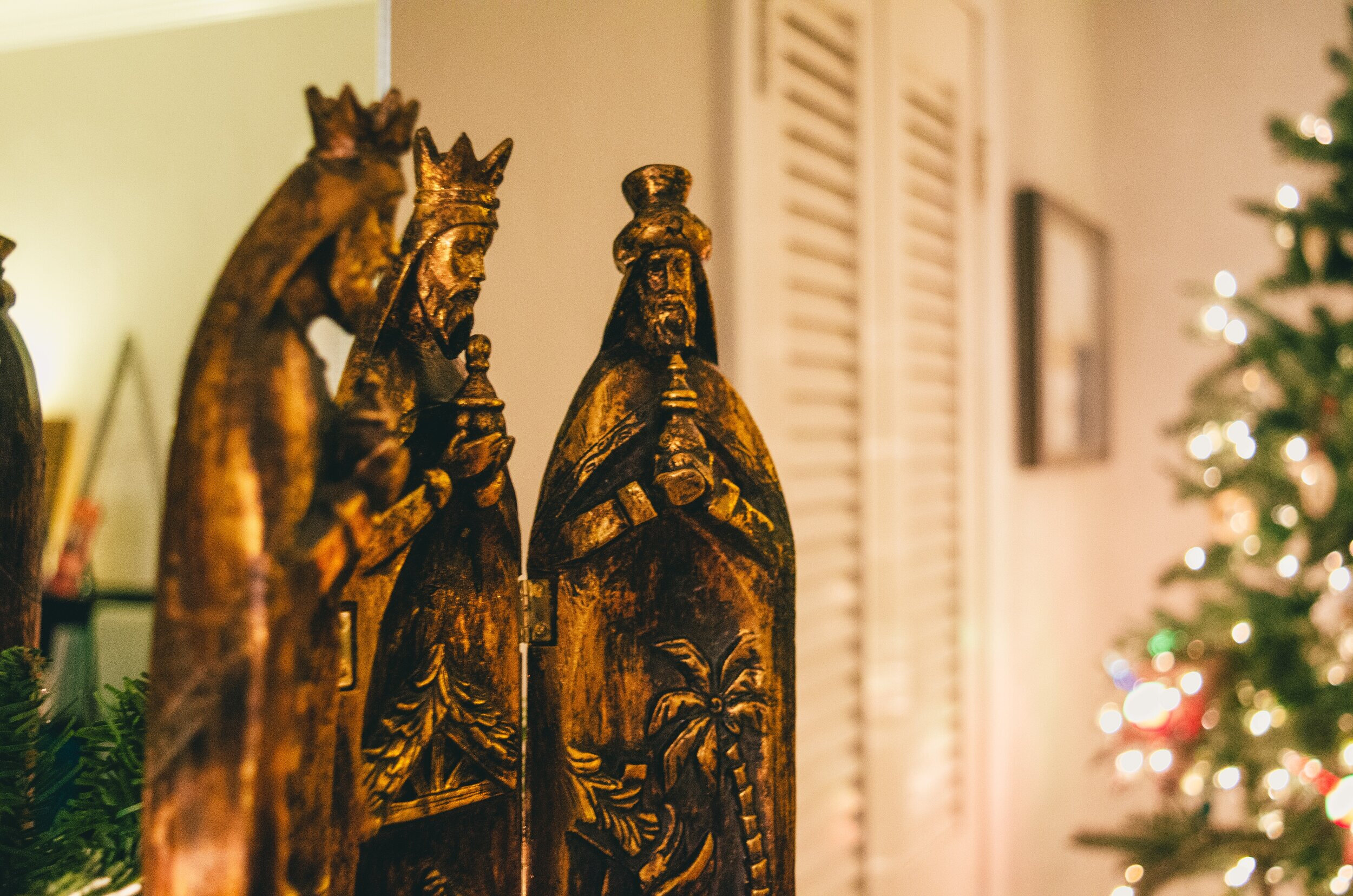by the Rev. Carole Horton-Howe
Please note that the following sermon text was provided prior to the audio recording. The two versions may differ substantially.
Jesus said, “Whoever welcomes you welcomes me, and whoever welcomes me welcomes the one who sent me. Whoever welcomes a prophet in the name of a prophet will receive a prophet's reward; and whoever welcomes a righteous person in the name of a righteous person will receive the reward of the righteous; and whoever gives even a cup of cold water to one of these little ones in the name of a disciple—truly I tell you, none of these will lose their reward.”
—Matthew 10:40-42
This is the end of a portion of Matthew’s gospel that talks about mission. We’ve heard stories about disciples being sent out, about healing and teaching. And today in this very brief passage, Jesus takes all those instructions about mission and wraps them up in a sort of crowning concept: whatever we do, wherever the work is, it must be given and received with hospitality. Where there is compassionate welcome given and received, Christ considers that he, too, has been welcomed.
Chris Rice and Emmanuel Katongole tell a story in Called to Community: The Life Jesus Wants for his People. They attended a conference a few years ago and participated in a group discussion on mission, specifically what was the future of mission to the world. They were part of a group of 12 faith leaders that was charged with coming up with ideas and directives to share with the larger gathering. The group they met with included an Israeli, a Palestinian, Christians from different traditions, men and women, black and white, Hutu and Tutsi and Asian. They met over several days. It wasn’t easy. Feelings were hurt, communication was difficult so there were misunderstandings. People would storm out of the meeting space. And then come back. At the end of the week they had a report to present.
They had just a few minutes to do this. And they were prepared with a speech and a PowerPoint. There were several committees presenting as well. But this particular group at the last minute decided to go in a very different direction. So when their turn came they went into the middle of the convention hall with basins, pitchers of water and towels. They took off each other’s shoes and socks and sandals. And they washed each other’s feet. There was silence in the hall.
On reflection they said, the mission of the church is to point beyond conflict, beyond divisions to way of living together that is ordained by God, demonstrated to us by Jesus Christ and articulated in the gospels. So the real value of what they did was in the interruption. The flow of various reports of all the committees given in a traditional way -- speeches and PowerPoints – was interrupted by a glimpse of what the church is called to be – a community willing to be vulnerable, to sink to its knees, washing feet across divisions, pointing its followers to a life that transcends the divisions of race, tribe, nation and denomination. This is what true welcome looks like.
You might wonder if this is even realistic. If you’re feeling there’s a real culture of “us versus them” in our world right now you’re not alone. There doesn’t seem to be a topic too small or insignificant that you won’t find divisive dialog about it. Much less the critical issues that are on our very doorsteps.
We are asked to think first and foremost in terms of genuine welcome to each other. God’s culture, the culture that we are called to, has no such divisions. God’s culture is what we hear in the gospel today. God’s culture is one of welcome and hospitality. We are charged with quite a lot by our faith. Compassionate welcome with hospitality encourages us to trust, to be open, to share, to avoid manipulating others and living beyond personal gain. For everyone, every time.
That doesn’t mean it’s easy. Hospitality is not always our default setting. We could get so used to the idea that we are a spiritual enclave where all we need is life with like-minded individuals. But that’s not who Jesus is talking about. He’s talking about strangers whose needs and wants interrupt our lives calling on us to set aside what is comfortable and consider whether we are willing to be discomforted for the sake of God’s love.
Here’s a hard truth that may be painful to hear: A real commitment to the radical, compassionate welcome of Jesus Christ may require each of us to be vulnerable, to look at ways in which we have fallen short, when we did not respond with welcome, when we held back thinking that someone else would step up in our place, when we decided to stay comfortable and safe, when we let an opportunity for self-sacrificial welcome get away from us. To welcome only those who are like us or agree with us is not welcome.
True welcome is risky. True welcome is given without expectation of being returned. It is realistic enough to know that not everything we offer in love will be met with love. Sometimes love is returned with indifference, sometimes love is returned with hostility; and sometimes it’s returned with crucifixion. It is sacrificial.
When Jesus specifies a cup of cold water he’s telling us something about the nature of true hospitality – that it involves sacrifice on our part. In Jesus day, to offer cold water required drawing water from a deep well and often carrying in a heavy jar to a family home. Compared to room temperature water, cold water was special. Giving a cup of cold water showed that the host was willing to go out of the way for the extraordinary because the ordinary wasn’t enough especially for the little ones - the poorest, the sickest, the most vulnerable, the most oppressed. And Jesus lets us know that in God’s economy, no act of service goes unnoticed or unrewarded.
I think the great joy of this gospel today is two-fold: first that we have it in us to be Christ to each other, to work miracles of love as well as to have them worked upon us. Our acts of welcome to others are transformative and uplifting for us. A friend of mine says that her mother would encourage her to receive what was offered to her with kindness: In order for there to be a generous giver there must a grateful recipient. As we extend hospitality to others we may well find that we experience new insights and hear new stories of faith that inform our own ideas about God and the work of the spirit. Our own acts of welcoming hospitality draw us in closer relationship with God.
In the gospel of Luke there is a woman who comes into the home of a Pharisee where Jesus is having a meal. She interrupts the evening and washes his feet with perfume and dries them with her hair. She offers the best she has while Simon the Pharisee looks on with distain. But not Jesus. They are very different – man and woman, an invited guest and a party crasher, a highly sought after rabbi and a woman who is supposed to be a notorious sinner. He receives her hospitality. A generous giver and grateful recipient growing close to the heart and mind of God. Welcoming others makes real the intimate relationship that we each have with God. This is the reward we will not lose.
A last story of hospitality extended and received: Steven Brown tells about a trip he made to India to see Mother Teresa. Steven and his church were moved by the work that she and her community did with the sick and dying in Calcutta. They did some fundraising and raised a significant amount of money to donate to her work.
Eventually Steven was asked to fly to Calcutta and present Mother Teresa with the funds raised and gifts for the orphanage and tell her how she had inspired them to create a center serving the poor in their own community. He arrived on the doorstep of the Sisters of Charity. He knocked and expected to be met by one of the nuns or perhaps a volunteer who would then usher him into Mother Teresa’s presence.
To his surprise, the future saint answered the door herself. She was standing right in front of him holding a tiny infant in her arms. He managed to stammer out a few words before she interrupted him. Thrusting the infant in his arms she said to him “Here. This child is dying. You hold it so that the last thing it experiences on earth is love.” So he did. He dropped his bags containing the donation and gifts and sat in a corner of the hospice cradling the baby until it died.
In a moment interrupted, preconceived ideas banished, a cold cup of water of compassionate hospitality given and received. God is present. Christ is welcomed. Amen.









![Stained glass: Alfred Handel, d. 1946[2], photo:Toby Hudson / CC BY-SA (https://creativecommons.org/licenses/by-sa/3.0)](https://images.squarespace-cdn.com/content/v1/571beb3be3214001fb407fd6/1588632415986-V8E734MVGGPZIADN0HE1/1024px-StJohnsAshfield_StainedGlass_GoodShepherd_Portrait.jpg)













